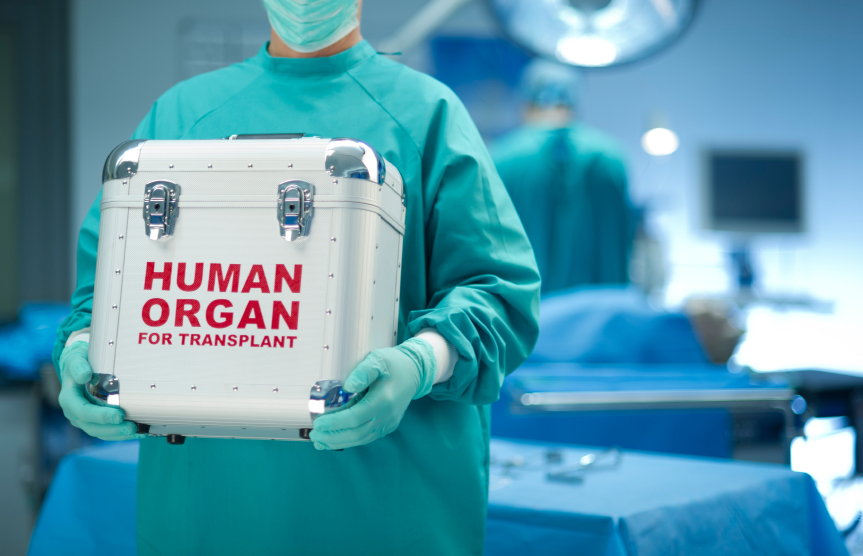“Nobody should be fighting somebody else’s cancer. […] It’s not even my cancer I’m fighting now, it’s someone else’s cancer, which makes it harder for me.” Pauline Hunt, aged 49, is from Scotland. She underwent kidney transplant surgery last December. A new lease of life soon became “a death sentence”. Indeed, a few weeks later, growths appeared on her new kidney. Doctors removed the transplanted kidney in emergency surgery, but it was already too late: Pauline developed cancer of the lymph nodes and is “too ill to receive chemotherapy”.
“All processes were followed correctly”,explains John Forsythe, Medical Director of Organ Donation and Transplantation at NHS Blood and Transplant. He went on to say that the transmission of an undiagnosed cancer between donor and recipient is a known risk. The BBC confirmed that, “Between 2001 and 2010, fifteen out of 15,765 transplant recipients developed donor-transmitted cancers, three of whom died as a consequence”.
The Newcastle patient who received the liver from Pauline’s donor died after developing cancer. “I don’t know how long I’ve got”, adds Pauline.
“Both the patient and her family were kept fully informed of this investigation and its outcome which found that the situation could not have been anticipated and the treatment and clinical decisions were appropriate and fully compliant with the strict protocols for transplantation”, explained a spokesperson for NHS Greater Glasgow and Clyde.
See also:
Heavy smoker donates lungs and passes on cancer to recipient
Organ donor transmits breast cancer to four recipients
Immunosuppressant treatments increase the risks of cancer following transplant surgery
BBC (26/11/2018)

